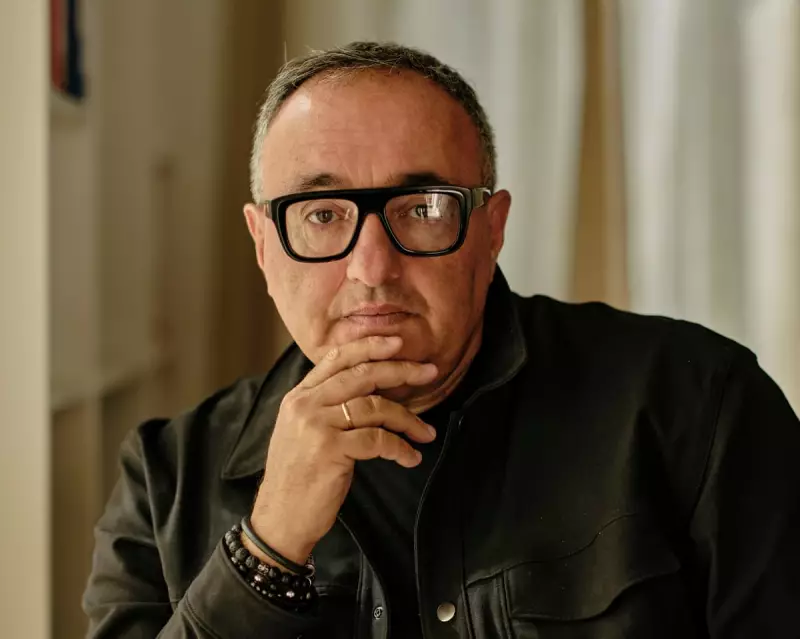
Russia's cinematic landscape has undergone a dramatic transformation into a factory of state-sponsored propaganda, according to Oscar-nominated Ukrainian producer Alexander Rodnyansky. In an exclusive revelation, he details how the Kremlin is systematically exploiting the nation's beloved fairy tales to fuel its war machine and indoctrinate younger generations.
From Silver Screen to War Machine
The acclaimed producer of Leviathan and Loveless describes a cultural purge of "monstrous" proportions, with contemporary cinema virtually eradicated in favour of patriotic blockbusters that glorify military aggression. "They're using cinema as a weapon," Rodnyansky states, highlighting how traditional folk narratives are being twisted to serve political agendas.
Fairy Tales Rewritten for Warfare
Recent state-funded productions include bizarre reinterpretations of classic stories, with one film portraying the mythical witch Baba Yaga attacking Ukraine. Another features the legendary hero Ilya Muromets violently confronting Western "enemies." These films represent a deliberate strategy to embed pro-war messaging within familiar cultural touchstones.
The Great Cultural Purge
Rodnyansky reveals the devastating impact on Russia's artistic community: approximately 2,000 films have been effectively banned from distribution since the invasion began. Cinemas now predominantly screen either Soviet-era classics or newly commissioned propaganda pieces, creating an cultural vacuum filled with state-approved narratives.
Manufacturing Consent Through Cinema
The strategy extends beyond entertainment, aiming to reshape national identity and historical perception. By appropriating cultural heritage and mythological figures, the regime seeks to normalise conflict and manufacture consent among populations both within Russia and in occupied territories of Ukraine.
This systematic manipulation of cinema represents one of the most comprehensive efforts in modern history to weaponise cultural production for political warfare, creating what Rodnyansky describes as a "completely different reality" for Russian citizens cut off from alternative perspectives.





